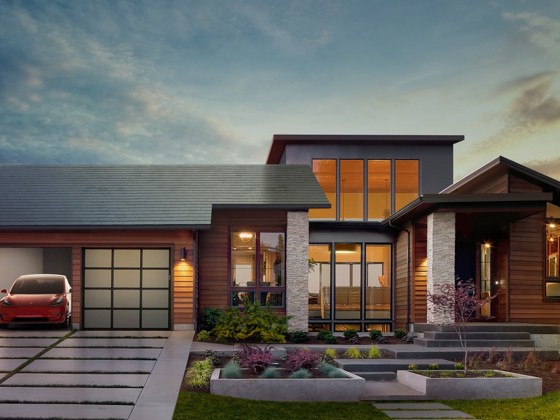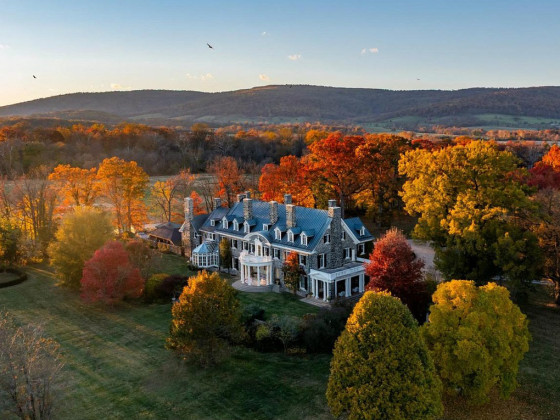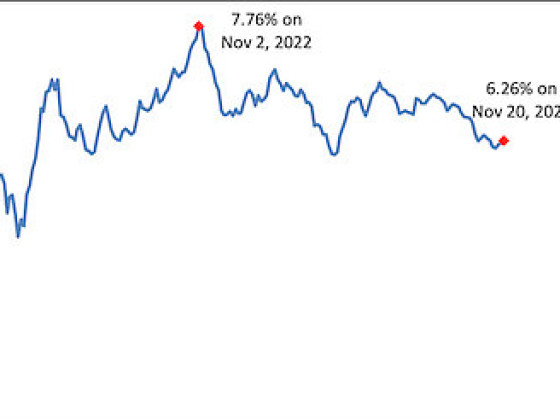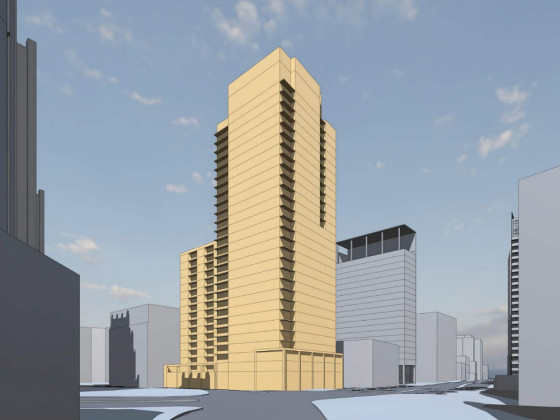What's Hot: DC-Area Rents Fall Nearly 1% In November
 Vacant and Blighted: A Look at DC's PADD Program
Vacant and Blighted: A Look at DC's PADD Program
✉️ Want to forward this article? Click here.
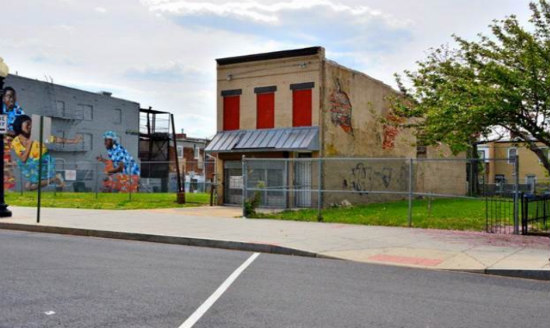
Florida Avenue and Q Street NW
A lesser-known tool in DC’s affordable housing-creation arsenal is the city’s Property Acquisition and Disposition Division (PADD), through which a round of vacant and blighted properties might see some action this year.
The Department of Housing and Community Development’s (DHCD) PADD seeks to provide development opportunities for city-controlled vacant and blighted properties. The program was created in 2008 through the consolidation of three initiatives: the Homestead Program, the real estate lottery, and the Home Again initiative.
While there are at least 1,100 verifiably vacant and blighted properties in the District according to the Department of Consumer and Regulatory Affairs’ most recent tallies, 150 of those are under PADD’s purview. According to a source at DHCD, half of those properties are in various stages of disposition and development, whether currently out for Requests for Proposals (RFP), undergoing negotiations for property disposition agreements, or under construction.
PADD bundles proximal and contiguous properties together to offer them up for developers and nonprofits to bid on in hopes of creating additional housing in the city — especially affordable housing at various income levels.
DHCD says that several PADD parcels have been delivered since 2008, including rental and for-sale housing totaling 71 affordable units and 8 market-rate units created since the beginning of this year. Two properties in pre-construction for which disposition agreements either have been or are close to being signed are the Big K site on Martin Luther King, Jr. Avenue SE (map) and an 11-parcel stretch of Kramer Street NE (map).
Financing obstacles often caused delays with prior attempts to develop PADD parcels as development teams had to apply for Development Finance Department (DFD) stop-gap funds after being approved. In order to expedite development and give projects a better shot at succeeding, the process is now being coupled with the DFD application process and will also incorporate access to the Housing Production Trust Fund and Community Development Block Grants, where applicable. Starting this year, the PADD RFP application is all electronic, which will streamline the process.
On June 25, PADD properties were bundled into five prospective development parcels in Wards 4, 5, 7 and 8. Proposals for the parcels are due by the afternoon of September 1st and will be awarded 60 days after that deadline. One of the five parcels is a 12,000 square-foot site at Florida Avenue and Q Street NW (map). This particular site was released for RFPs in 2014 but no development team was selected, which a DHCD source attributes to concerns with financial feasibility.
One former applicant which is throwing their hat in the ring for the site is a development team consisting of Maedwell, E and G Group and Bonstra | Haresign Architects. Longtime UrbanTurf readers may remember their proposal from 2014, which Maedwell principal Syga Thomas said was well-received by many in the neighborhood and the ANC, but which did not deliver the family-sized units that DHCD is putting emphasis on this time around.
The improvements made to the PADD application process are part of that broader effort to streamline the city’s ability to ease the strained housing supply through stewardship and productive transformation of undeveloped and underutilized properties.
See other articles related to: affordable housing, affordable housing dc, community development block grants, dcra, dhcd, dmped, florida and q, housing production trust fund, maedwell, padd, rfp
This article originally published at http://dc.urbanturf.production.logicbrush.com/articles/blog/dc_housing_development_and_the_evolution_of_padd/11389.
Most Popular... This Week • Last 30 Days • Ever
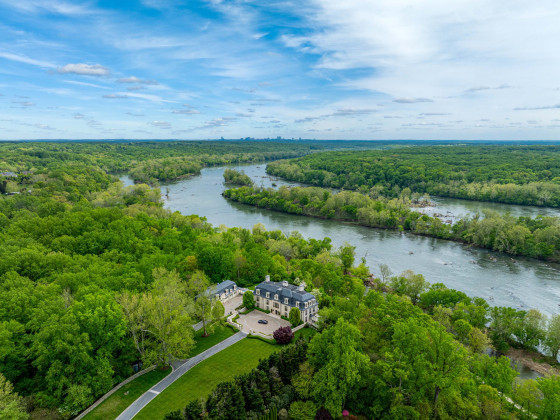
The 30,000 square-foot home along the Potomac River sold at auction on Thursday night... read »

With frigid weather hitting the region, these tips are important for homeowners to ke... read »
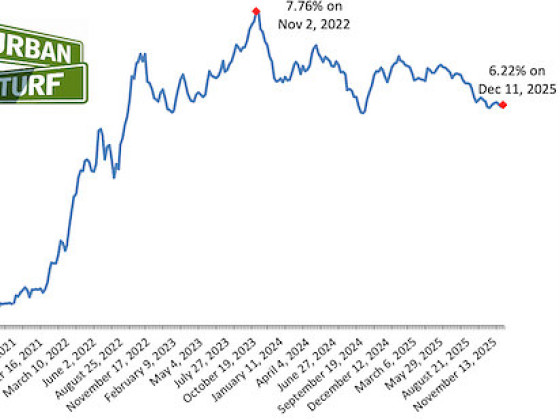
Today, UrbanTurf offers a brief explanation of what it means to lock in an interest r... read »
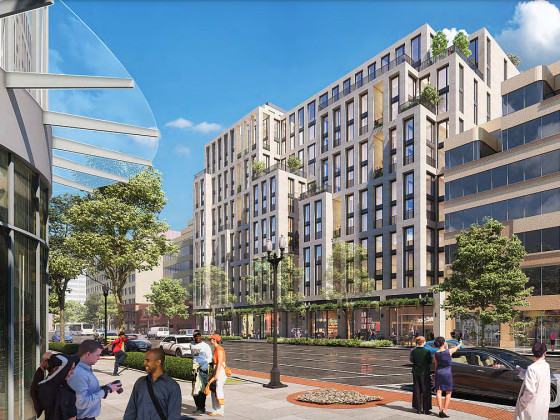
An application extending approval of Friendship Center, a 310-unit development along ... read »
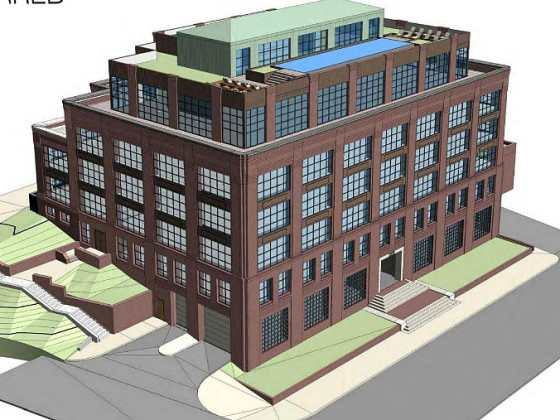
A key approval could be coming for a proposal to convert a Georgetown office building... read »
DC Real Estate Guides
Short guides to navigating the DC-area real estate market
We've collected all our helpful guides for buying, selling and renting in and around Washington, DC in one place. Start browsing below!
First-Timer Primers
Intro guides for first-time home buyers
Unique Spaces
Awesome and unusual real estate from across the DC Metro





